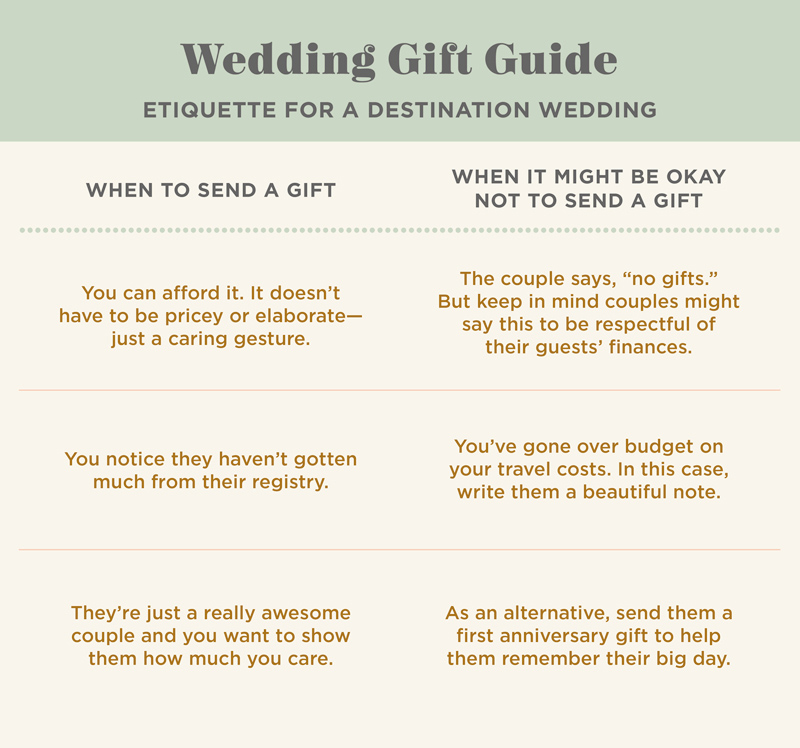The landscape of wedding customs has shifted significantly over the past few decades. Gone are the days when traditional printed invitations were the norm. With the rise of social media, particularly platforms like Facebook, many couples now opt for digital invitations. This shift reflects broader changes in societal norms and attitudes towards gift-giving and celebrations. Understanding these changes is essential in navigating modern wedding etiquette.
Changing Wedding Customs
Modern weddings are often a blend of traditions and innovations, reflecting the unique personalities of the couple. Couples today are more likely to personalize their ceremonies and receptions, breaking away from uniform customs. This evolution has led to an increase in diverse wedding themes, venues, and even guest interaction. For instance, interactive elements like photo booths and live social media feeds have become commonplace, allowing guests to engage in real-time during the celebration. Moreover, the way couples communicate their wedding details has transformed. Digital invitations not only save time and money but also allow for easy updates and RSVP tracking. As couples navigate this new landscape, it’s vital to consider how these changes affect gift-giving. The modern approach invites guests to think creatively about how they contribute to the couple’s new life together, paving the way for a more flexible and inclusive gift culture.

The Preference for Cash Over Traditional Gifts
As couples increasingly live together before marriage, the need for traditional household gifts diminishes. Guests are often left wondering what to give the couple who already has everything. This leads to a growing trend where cash gifts are preferred, allowing couples to choose what they really need. While some may find this practice impolite, many view it as a practical solution to the challenge of gift-giving. Communicating preferences regarding cash gifts can be done tactfully. Couples might subtly include phrases in their invitations like “Your presence is the best gift” or mention a honeymoon fund to indicate a preference for monetary contributions. Clarity is key; by expressing their hopes openly, couples can prevent any feelings of awkwardness for their guests. Ultimately, cash gifts not only provide flexibility but also empower couples to prioritize their unique needs and desires.
Navigating the Conversation: How to Ask for Money
Directly asking for money can feel uncomfortable, but there are polite ways to express preferences. Couples can communicate their wishes through invitations or discussions with family and friends. Phrasing requests humorously or sharing specific goals can make the request feel more personal. For instance, mentioning a honeymoon fund can soften the approach and clarify intentions. Additionally, couples can leverage their wedding websites to outline their gift preferences. This digital platform can serve as a space to explain their choices and include links to cash funds or registries. It’s essential to keep the tone light and positive, focusing on the excitement of the celebration rather than the financial aspects. Ultimately, being honest about financial needs can lead to supportive gestures from loved ones, fostering a sense of community and shared joy.
The Role of Gift Registries
Gift registries have evolved to accommodate changing preferences for cash and gift cards. They allow couples to specify what they truly want, making it easier for guests to contribute in a meaningful way. Online registries have made this process even simpler, enabling guests to choose from a variety of options tailored to the couple’s tastes and needs. Including gift cards as part of their registries provides flexibility for both the giver and recipient. This modern approach enhances the overall gift-giving experience, allowing couples to receive items they genuinely want or need. Moreover, registries can also reflect the couple’s interests, such as travel or home improvement, making the gifts feel more personal and intentional. As a result, gift registries serve as a bridge between traditional and contemporary gift-giving practices.
The Etiquette of Gift Giving
While it can be acceptable to request money, it’s crucial to approach the topic with sensitivity. Etiquette dictates that gifts should never be expected, and expressing gratitude for any contribution is essential. Many guests may still prefer to give physical gifts, believing them to be more personal. Understanding the diverse perspectives on gift-giving can help couples navigate these interactions gracefully. Couples should also be mindful of the various cultural backgrounds of their guests, as different cultures have unique customs regarding gift-giving. By acknowledging these differences, couples can foster an inclusive atmosphere that respects traditions while embracing modern norms. Ultimately, the focus should remain on celebrating the couple’s love and commitment, rather than the monetary value of gifts.
The Emotional Value of Gifts
Many people see gifts as a reflection of thoughtfulness and personal connection. A well-chosen gift can carry sentimental value, while cash may feel impersonal. The emotional weight of receiving a cherished item often surpasses that of monetary gifts. Couples should consider the significance of both types of gifts, recognizing that different people have different values attached to them. Encouraging thoughtful gifts, while remaining open to cash contributions, can create a balanced approach. Couples might express their appreciation for personalized gifts, showcasing how these items contribute to their shared story. By valuing both the thoughtfulness of physical gifts and the practicality of cash, couples can cultivate an environment where all contributions are honored and appreciated.
Setting Boundaries: Who to Invite
Deciding who to invite to a wedding can be challenging, especially when considering gift expectations. Inviting acquaintances or distant relatives can lead to unwanted obligations and expectations. Couples should be mindful of their guest list and only include those with whom they have a meaningful connection. Clear communication about gift preferences can help navigate these situations. Informing guests about the couple’s wishes can alleviate any concerns regarding gifts. It’s essential to maintain boundaries to ensure that the celebration remains joyful and stress-free. Couples might also consider hosting smaller, more intimate gatherings if they wish to limit gift expectations while still celebrating with loved ones.
Embracing Modern Gifts
As societal norms continue to evolve, so too will the practices surrounding gift-giving. Embracing a blend of traditional and modern approaches can enhance the wedding experience for both couples and guests. Recognizing the practicalities of cash gifts while valuing the thought behind traditional gifts is key to finding common ground. By fostering open communication and understanding, couples can navigate the complexities of modern wedding etiquette with grace and positivity. As the landscape of weddings continues to change, the focus should always remain on the love shared between the couple and the cherished moments created with family and friends. In this way, weddings can become not just a celebration of union, but also a testament to evolving traditions and shared values.
